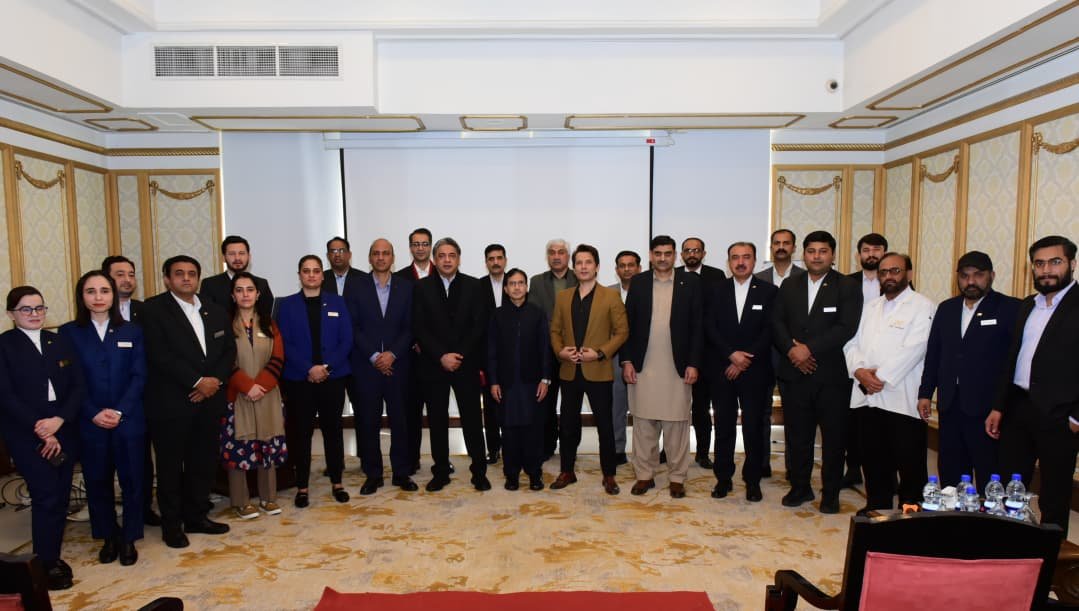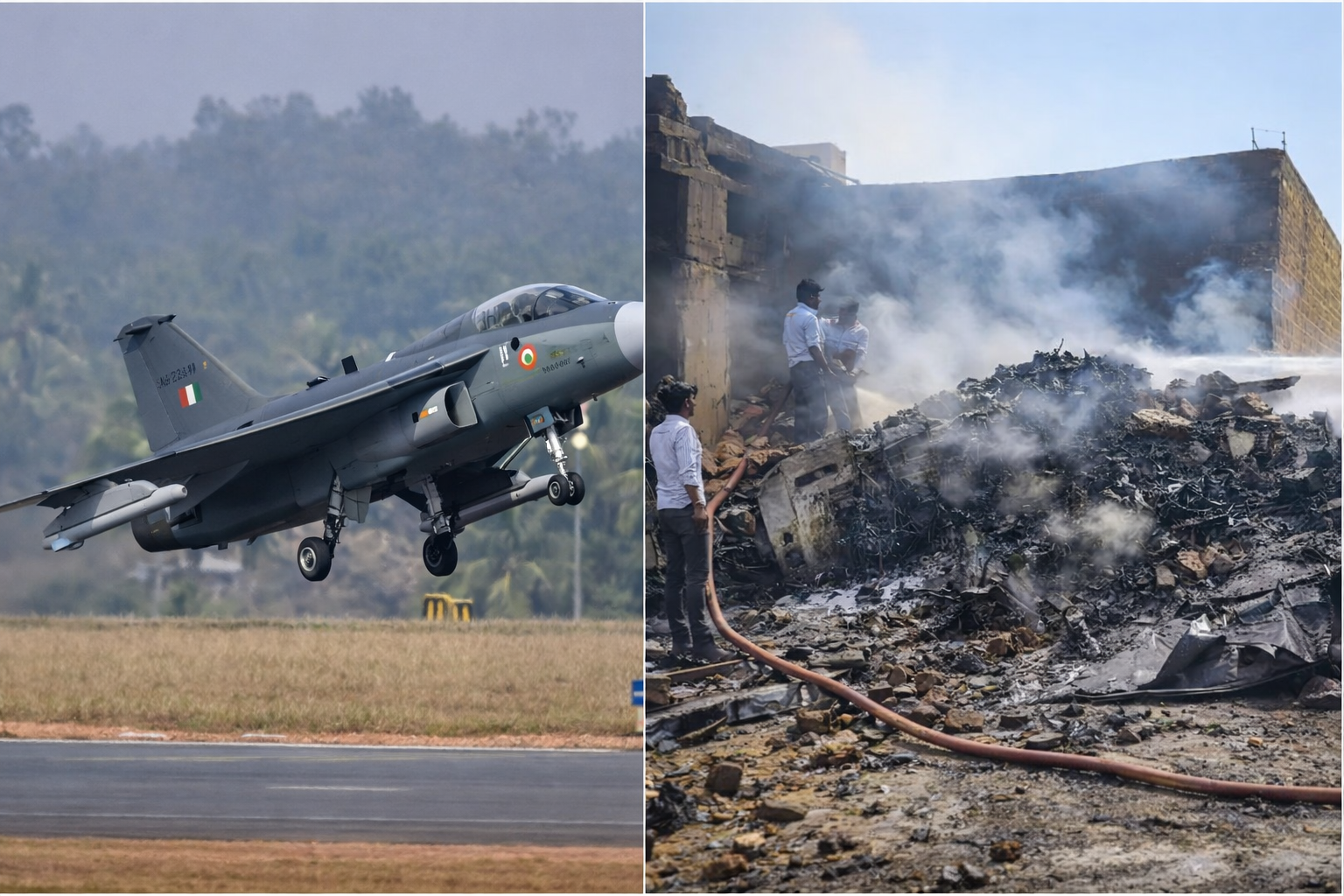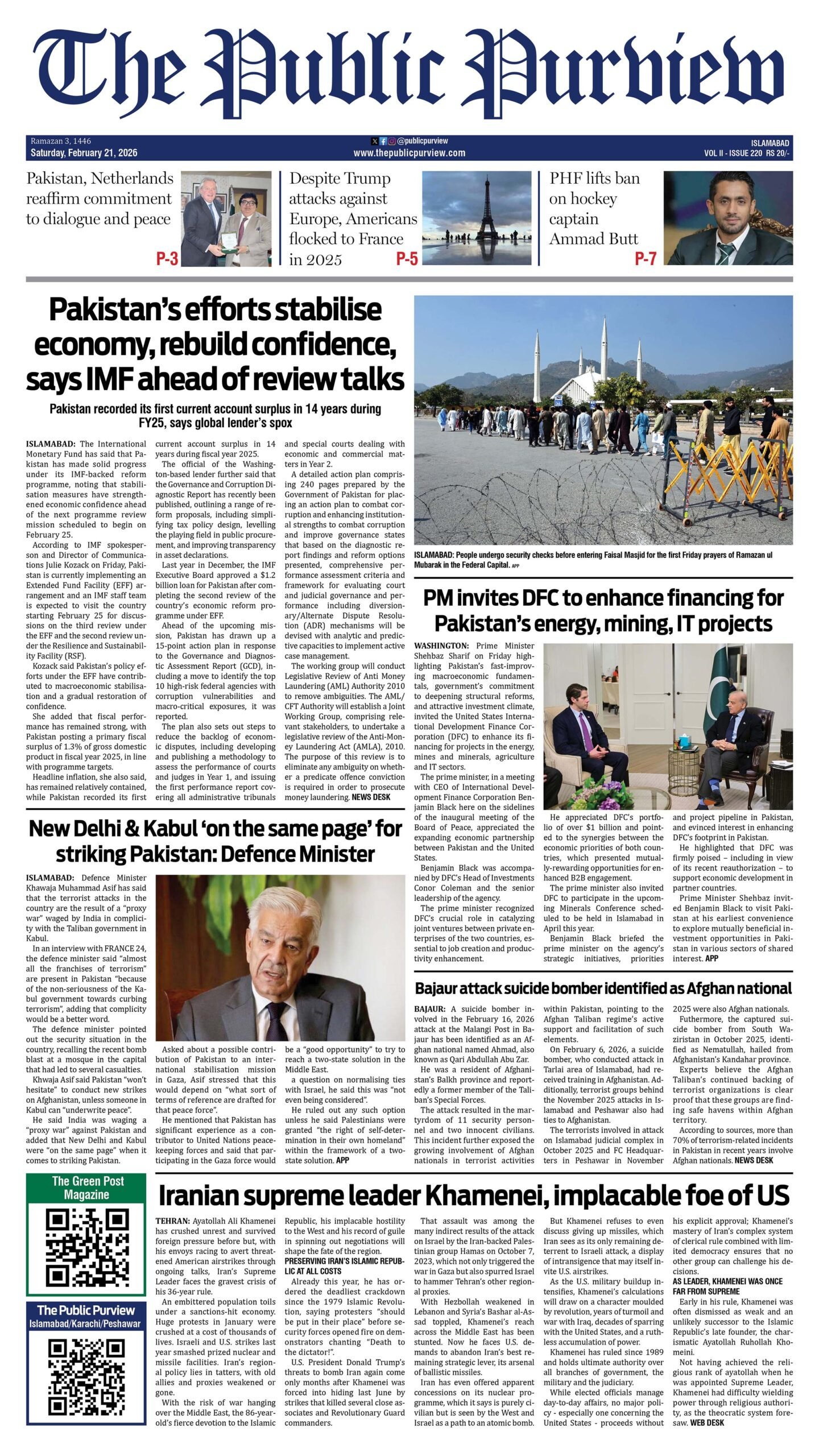In a region constantly simmering with geopolitical tension, the recent Iran-Israel conflict brought the Middle East to the brink of a wider, devastating war. Amid these volatile developments, Prime Minister Shehbaz Sharif’s telephonic conversation with newly elected Iranian President Masoud Pezeshkian on Tuesday marked a significant diplomatic step, reflecting Pakistan’s principled stance on peace dialogue and regional stability.
As per the official statement from the Prime Minister’s Office, Prime Minister Shehbaz conveyed Pakistan’s deep concern over the worsening regional situation and stressed the urgent need for calm through diplomacy. His message was clear: a peaceful resolution through dialogue and adherence to international norms is the only sustainable path forward.
This conversation did more than just express concern. It reinforced Pakistan’s longstanding diplomatic tradition of advocating for restraint and multilateral cooperation. By reiterating Pakistan’s consistent support for Iran at global forums like the United Nations Security Council (UNSC) and the Organization of Islamic Cooperation (OIC), Prime Minister Shehbaz positioned Pakistan as a key voice for de-escalation and regional unity.
In turn, President Pezeshkian thanked Prime Minister Shehbaz for Pakistan’s supportive stance, especially during these turbulent times. He acknowledged Islamabad’s constructive role in encouraging peaceful solutions and avoiding further escalation. This exchange was more than a mere formality it reflected growing trust between the two nations and a shared vision for regional peace.
Perhaps the most significant takeaway from the call was the mutual recognition of the importance of Muslim unity in addressing the current geopolitical challenges. In a time when sectarian and national interests often overshadow broader collective concerns, this message of solidarity is both timely and critical.
Meanwhile Deputy Prime Minister and Foreign Minister Ishaq Dar added another layer to Pakistan’s diplomacy by publicly welcoming the ceasefire agreement between Iran and Israel. In a message posted on X (formerly Twitter) Dar expressed immense relief and optimism, praising those who helped broker the truce. He reiterated Pakistan’s principled belief that all disputes must be resolved in accordance with the United Nations Charter and international law, principles that serve as the foundation of global peace and coexistence.
Yet, while the ceasefire announcement was met with cautious optimism across several global capitals including Moscow, Berlin, Riyadh, and Paris it remains fragile. Despite U.S. President Donald Trump’s declaration of a “complete and total ceasefire” reports of continued hostilities complicate the picture. Tel Aviv accused Tehran of violating the truce through missile attacks, while Tehran claimed that its “powerful military response” compelled Israel to cease further aggression.
The humanitarian cost of the conflict thus far has been staggering. Reports indicate that more than 974 Iranians have lost their lives, with over 3,400 wounded. In Israel, at least 24 civilians have died and over a thousand others injured. Each life lost underscores the urgent need for not just a ceasefire, but a lasting peace framework that addresses the root causes of conflict.
In this context, Pakistan’s calls for restraint, adherence to international law, and promotion of dialogue are not merely symbolic—they are essential. Pakistan has walked a diplomatic tightrope in the past, balancing its relations across a polarized Middle East, and its current approach reflects both caution and conviction. Islamabad understands that any escalation involving Iran and Israel risks destabilizing not only the Middle East but also reverberates into South Asia and beyond.
What makes Pakistan’s role particularly important is its capacity to act as a bridge not only between Muslim-majority nations but also between East and West. By encouraging adherence to international norms and advocating for diplomatic channels, Pakistan reinforces its image as a responsible regional player with a commitment to peace.
The road ahead remains uncertain. Ceasefires can break as easily as they are made. But what is certain is that the world needs more voices like Pakistan’s voices that call for peace amid chaos, unity amid division, and dialogue amid the din of war. The Shehbaz-Pezeshkian call is a reminder that diplomacy, though often slow and imperfect, remains our best hope.
As the dust settles on yet another violent chapter in the Middle East, the international community must rally behind those advocating for peace not just in words, but through concrete action and unwavering resolve.







 Today's E-Paper
Today's E-Paper